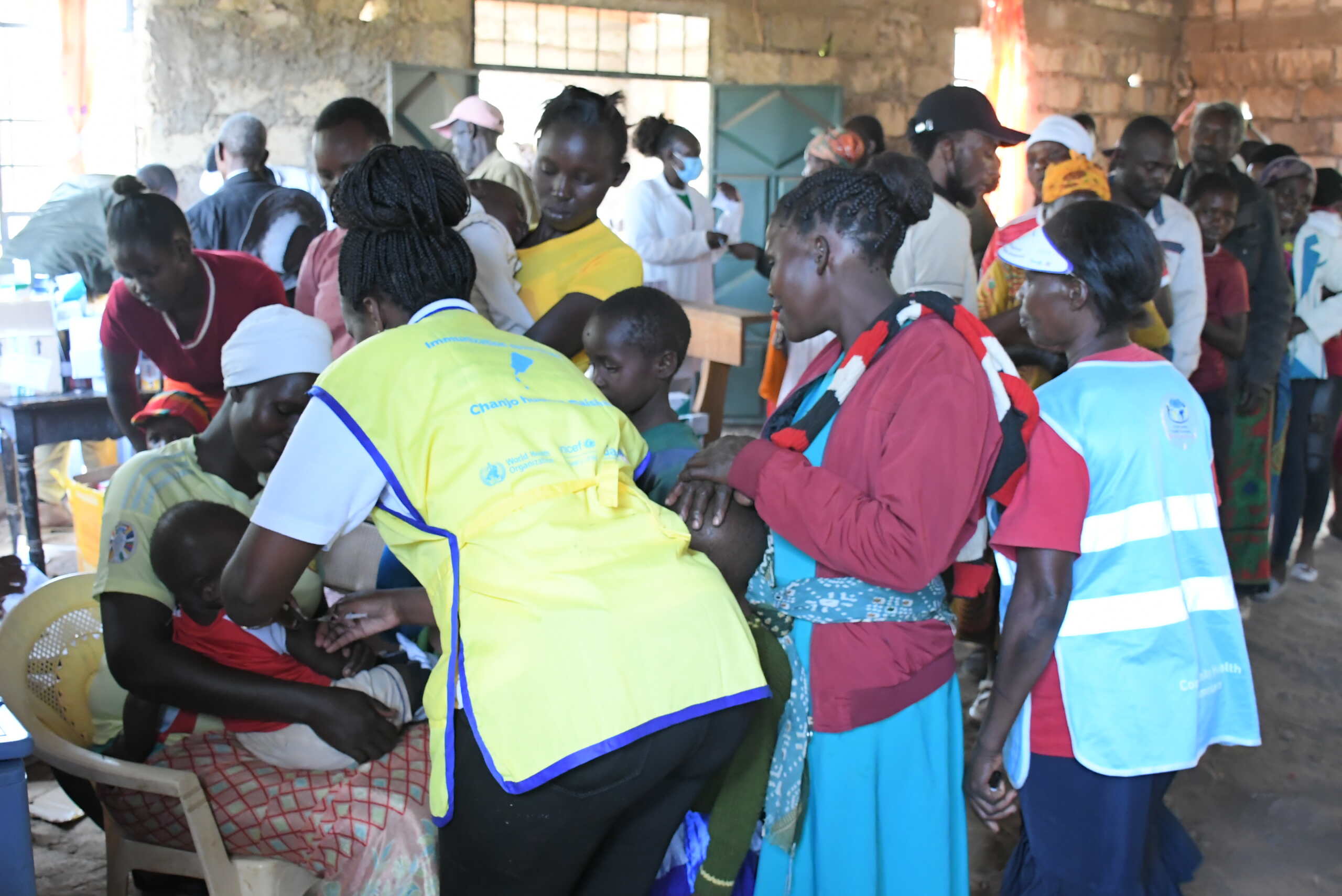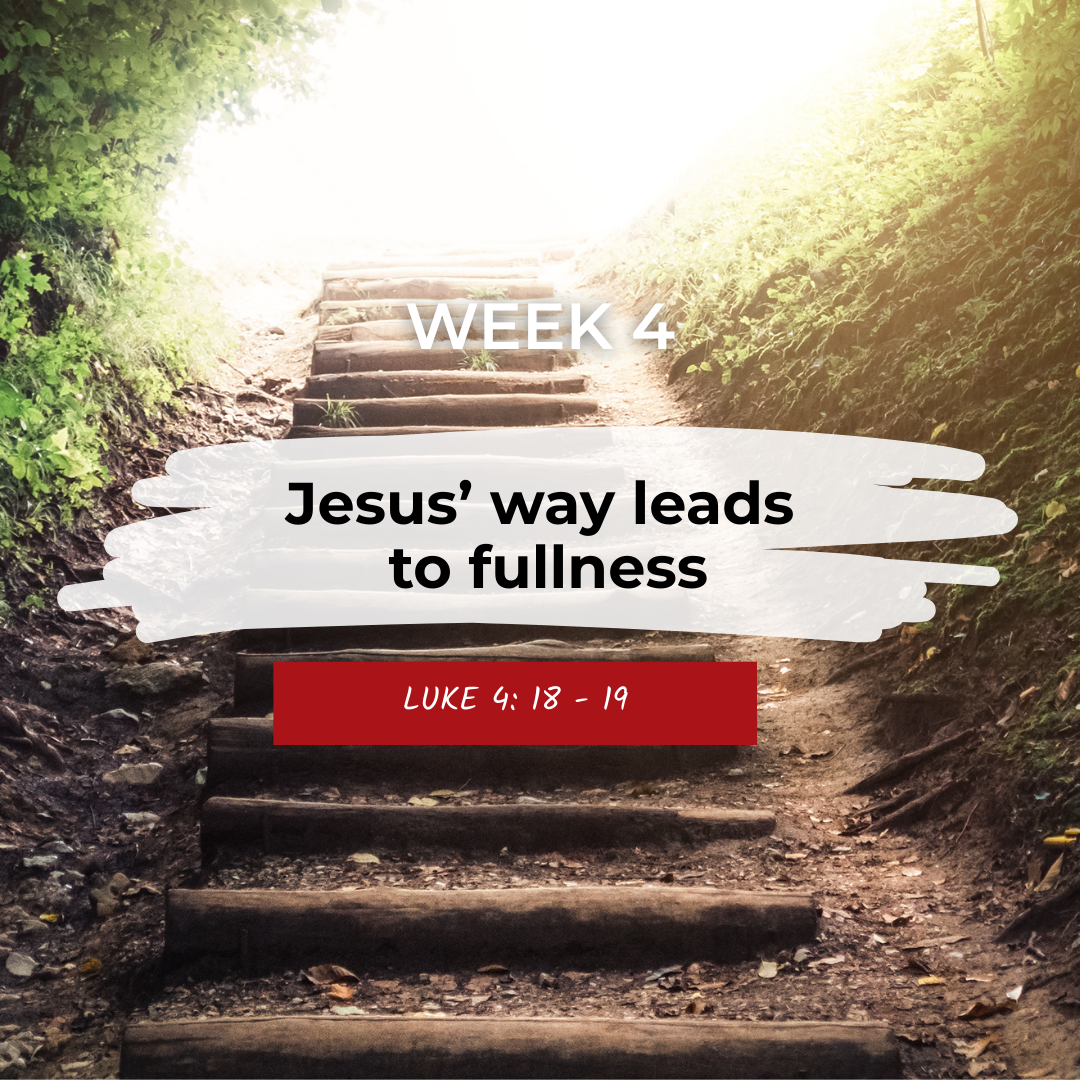Changing the Debate: How We Can Help to Tackle Gender and Unpaid Care?
Stories | August 10, 2022
Changing the debate: How we can help to tackle gender and unpaid care?
In the distribution of unpaid work, gender plays a significant role. Women tend to spend significantly more time doing unpaid work, when compared with their male counterparts. While this was the case prior to the Covid-19 pandemic, the outbreak of coronavirus lockdowns and reduced services has further exacerbated this divide. Research indicates that around the world, prior to the pandemic, 42 percent of women reported struggling to engage in paid work because of unpaid care work, compared to six percent of men.[1] As we globally adjust to the ‘new normal’ international development organisations must be mindful that the burden of Covid-19 has placed further pressures on women, and be cautious about implementing projects that may lead women to adopting more unpaid work.
CBM recognises the different gender dynamics involved in unpaid care work, particularly in relation to the care of children with disabilities. In the Philippines, CBM works with a partner agency across a number of to impact areas to ensure that children with disability are able to receive health care, rehab, education and support. In doing so, we also mindful of how we think about unpaid care work.
We know that when caregivers become overburdened with the pressures of caring for a child with a disability, the result can be poor quality of care, as well as financial hardship if the caregiver must also juggle paid work. In our work, it is important that our programs do not lead to an increase in unpaid care for mothers of children with disability. We are aware that within our programs women are usually the primary caregiver for children with disabilities. For many of these families the care of children with disability involves homebased rehabilitation in places where communities are resource-poor. We must be mindful that when we implementing programs that train caregivers to provide support for children and children with disabilities, that this may contribute to further unpaid work for women, or prevent them from using that time in paid employment.
What we did
The project is a model of Community Based Inclusive Development that will ensure that children with disabilities have the same access to services and opportunities as their peers to continue their education. It also builds a support network for parents that will engage with local government to help bolster awareness and support for people with disabilities. Our project aimed to redistribute the care responsibilities for children with disabilities more equally between family members, by engaging fathers in care work and parent support groups.
How did we change the conversation?
The CBM project challenged the norms around gendered care responsibilities. This involved two key steps:
- Encouraging both mothers and fathers to be present and engaged in family conferences to discuss their role in care and rehabilitation therapy for their children with disabilities.
- Conduct training programs for fathers and siblings to help support and enrich relationships between children with disabilities and other family members.
The training sessions for fathers were specifically scheduled on weekends, to ensure they were accessible to men who generally had little free time during the week. These training weekends have been valuable in providing a safe place to enable fathers to bond with other men in similar situations. This group setting enabled these men to express uncertainty about parenting children with disabilities.
The results so far have been promising. Fathers who had completed the training were also found to contribute to home-based rehabilitation and reported having a better understanding about their role as a parent. Relationships with their children also improved, boosting their confidence in parenting.
And the gender divide?
By encouraging fathers and siblings to assist in the care and home based rehabilitation of children with disabilities, mothers have been able to engage in community groups. This has led more women getting involved in advocacy and decision-making bodies within the community.
CBM acknowledges the support of the Australian Government through the Australian NGO Cooperation Program (ANCP).
[1] Care in the Time of Coronavirus: Why care work needs to be at the centre of a post-COVID-19 feminist future
https://www.cbm.org.au/stories/changing-the-debate-how-we-can-help-to-tackle-gender-and-unpaid-care
Related Stories

Coordinating inclusive health outreach in Meru County
For many households in Meru’s rural and remote areas, basic health services are physically...

Share your advocacy preferences with us
Thank you for helping us to advocate for the one billion people with disability globally. CBM Australia advocate across...

Advent 2025: Jesus’ way leads to fullness
The way of Jesus gives people freedom and empowers them to live out their God-given purpose. The last few weeks...
